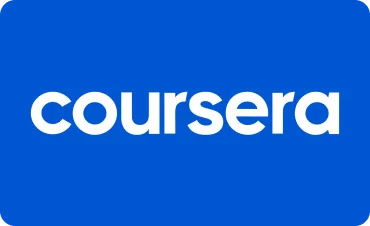When you enroll through our links, we may earn a small commission—at no extra cost to you. This helps keep our platform free and inspires us to add more value.

Everyday Chinese Medicine
Master the Skills of Tomorrow with Coursera! From AI and Blockchain to Public Speaking and Psychology, Explore Courses Tailored for Your Success.

This Course Includes
 coursera
coursera 4.7 (1.1K reviews )
4.7 (1.1K reviews ) 9 hours
9 hours  english
english Online - Self Paced
Online - Self Paced course
course The Chinese University of Hong Kong
The Chinese University of Hong Kong
About Everyday Chinese Medicine
This course aims to serve as an education platform on Chinese medicine (CM) for the general public. Our primary goal is to empower healthcare choices by promoting awareness and practical application on CM diagnostic and therapeutic approaches, as well as regulation on CM services and herbal products using international examples. In the first part of this course, learners will develop skills in applying basic theory of Chinese medicine (CM) for understanding health and illnesses, and be able to compare and contrast views from Chinese and western medicine perspectives. In the second part, learners will be able to diagnose their own CM body constitution, and to apply appropriate CM self-care practice including food therapy, acupressure, Baduanjin and meditation. Learners will also be able to identify commonly used Chinese herbs, and to describe the core principle of acupuncture. Specific competencies include: 1. State the basic theory of Chinese medicine and compare it with the principle of western medicine. 2. Apply the diagnostic approach of Chinese medicine and describe one’s body constitution. 3. Describe the core principle of Chinese herbs and acupuncture, and to understand their role in promoting health and wellness. 4. Develop self-care plan according to body constitution, using the practice of food therapy, acupressure, and Baduanjin.
What You Will Learn?
- Session 1: Chinese Medicine: Introduction to Basic Theory Session 2: Zang-Fu Organs Concepts in Chinese Medicine Session 3: Relationship between Zang-Fu Organs; An introduction of Qi in Chinese medicine Session 4: Blood, Body Fluids and Pathogenesis of disease in Chinese Medicine SESSION 5: Basics of Chinese Medicine Diagnostics (I).